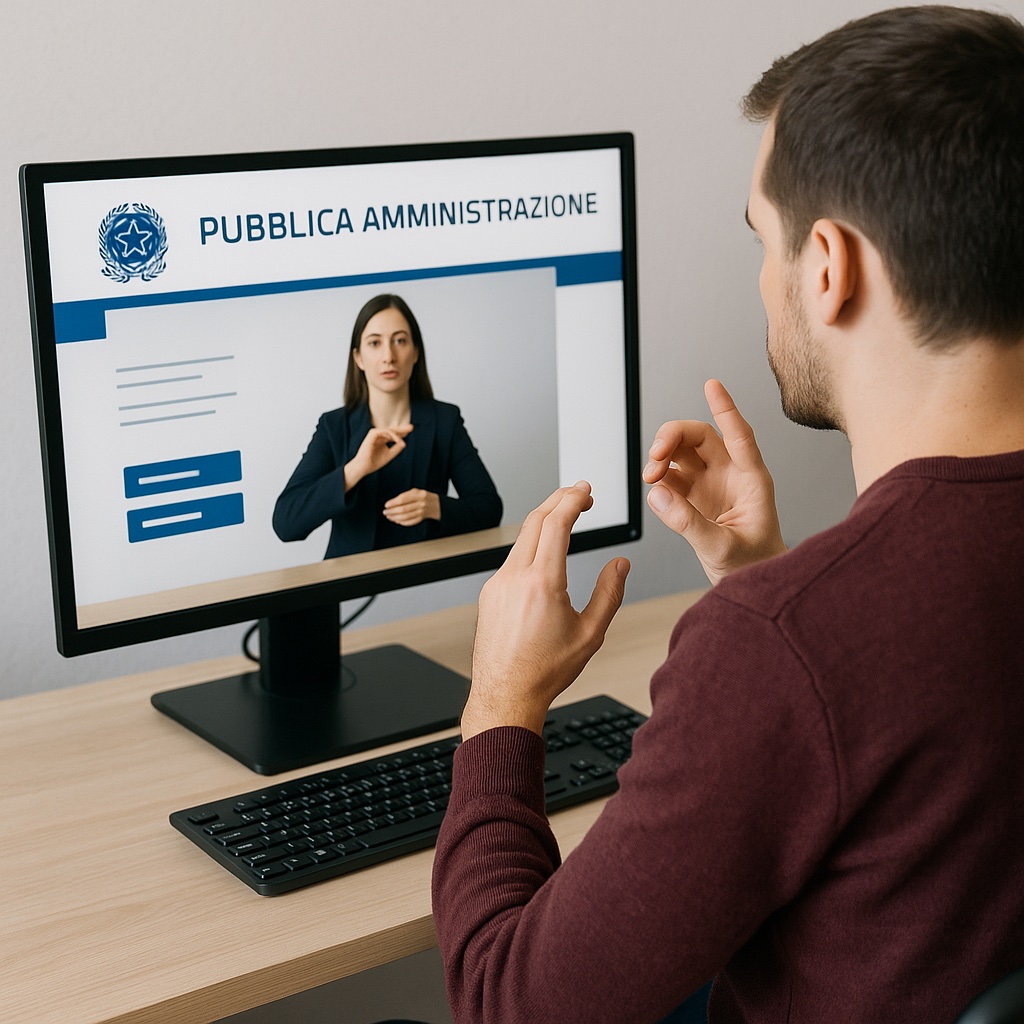At CRS4 we’re working on something important: we want to build digital tools to help deaf and hard-of-hearing people communicate more easily with Public Administration services.
To do that, we need the support of people who really know Italian Sign Language (LIS).
The new online platform created for the IPOACUSIA project is open to all signers who want to give us a hand. All it takes is a few minutes, a webcam, and the desire to contribute to something that can truly make a difference.
Once you register, you’ll be able to watch example videos of words and phrases related to public services — such as “severe disability certification” or “legal guardian” — and record your own version. Every contribution counts: you’ll help us enrich our LIS dataset and improve the effectiveness of the AI-based automatic translation system.
At the heart of this project is the active participation of the deaf community. We want the platform to grow not just technically, but also humanly.
Participants can test the platform, provide suggestions, share what works and what could be improved. It’s an open, collaborative, and evolving process.
Taking part is easy and free. You just register, accept a short release form for the use of your video recordings (used only for research and development purposes), and you’re ready to start.
A video tutorial is also available to guide you through the steps.
Would you like to contribute?
👉 Access the platform: https://ipoacusia.crs4.it/
🔎 Learn more about the IPOACUSIA project: https://www.crs4.it/ipoacusia/
IPOACUSIA is a CRS4 research project launched in 2020, with the goal of breaking down barriers in institutional communication and promoting inclusion.
The first phase was funded by the Presidency of the Council of Ministers. The second phase, currently ongoing, is supported by the Inclusion Fund for Deaf and Hard-of-Hearing People, allocated to the Autonomous Region of Sardinia. The project is being implemented with the contribution of the Regional Department of Social Policies, the Regional Department of Health, Sardegna Ricerche, and of course, CRS4.



